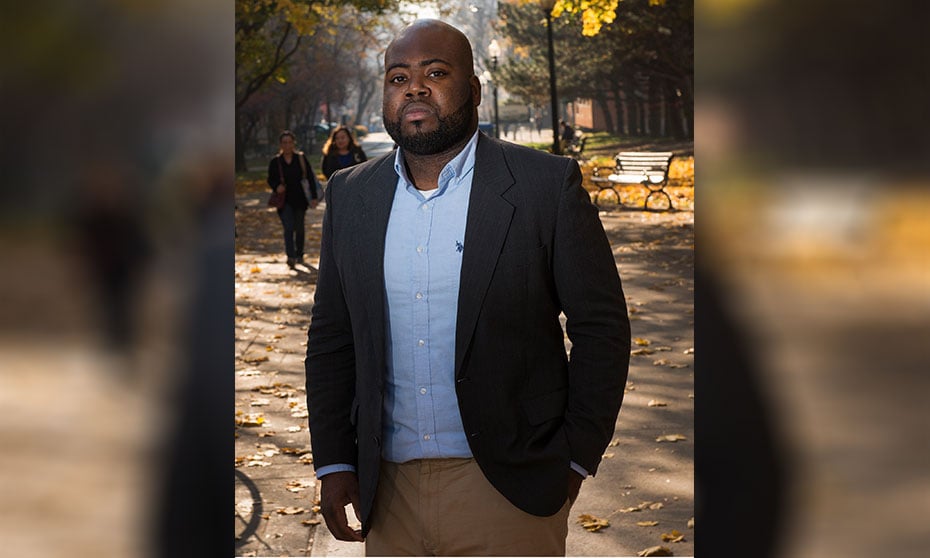
He has experience in issues involving anti-racism, Indigenous rights, and equality rights

The Canadian Human Rights Tribunal (CHRT) has announced the appointment of Anthony Morgan as a new full-time member.
Morgan will serve a five-year term and will bring his expertise in anti-racism, Indigenous rights, and equality rights to the tribunal. Morgan earned an Honours Bachelor of Arts in Ethics, Society and Law from the University of Toronto and dual degrees in Civil Law and Common Law from McGill University in 2012. He completed his academic journey with a Master of Science in International Human Rights Law from the University of Oxford in 2023.
Professionally, Morgan has a rich history of advocating for social justice and human rights. From 2018 to 2024, he worked with the City of Toronto, spearheading initiatives to combat systemic anti-Black racism and advance social justice. He also co-chaired the Anti-Racism Advisory Panel of the Toronto Police Services Board from 2021 to 2023.
Before his tenure with the City of Toronto, Morgan practised civil, constitutional, and criminal state accountability litigation law. He has represented individuals, families, and First Nations governments.
Morgan’s legal career began as a legal clinic lawyer serving Ontario’s Black communities. He later articled at the Occupational Health and Safety Tribunal Canada. Admitted to the Ontario Bar in 2013, Morgan has also appeared in legal proceedings before the Supreme Court of Canada, Ontario’s Divisional Court, and various United Nations committees.
Through varied experience, Morgan has developed expertise in matters of Canadian and international human rights, racial discrimination and justice policy.
The CHRT is responsible for addressing discrimination complaints, pay equity issues, and barriers to accessibility under the Accessible Canada Act. It functions similarly to a court but maintains a less formal approach. The tribunal operates independently from the federal government to ensure unbiased decision-making. Morgan's appointment is anticipated to enhance the tribunal’s ability to effectively address complex human rights issues.